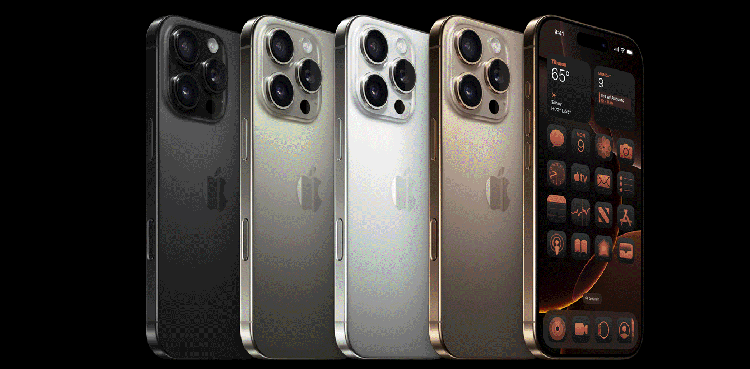
Apple has launched its highly anticipated iPhone 16 series and one of the main upgrades this year are related to battery size, battery life, and even to charging speeds (finally).
One of the standout features is the improved fast charging capability, catering to the growing demand for quick and efficient power-ups.
The iPhone 16 models come equipped with larger internal batteries that, under normal charging conditions, take about four hours to reach full capacity.
However, Apple has integrated an advanced fast charging technology that enables users to charge their devices from 0% to 50% in just 30 minutes.
A full charge can now be achieved in approximately two hours, significantly reducing the downtime (as reported by 9To5Mac).
For the first time, Apple has introduced a USB-C charging port on the iPhone 16 series, allowing faster data transfer and charging speeds.
Using a 30-watt power brick, like those from Mophie or Apple’s own 35-watt dual charger, the device can achieve a full charge in just two hours.
Though the included USB-C cable supports fast charging, higher-rated chargers can also be used. However, charging speeds cap at 27 watts, so using chargers rated above 30 watts, like those for MacBooks, won’t provide faster charging.
Even a 20-watt charger delivers impressive results, taking only 15 minutes longer than the 30-watt charger for a full charge—something most users may find negligible.
In another first, Apple has upgraded its MagSafe wireless charging system for the iPhone 16 series. The new MagSafe chargers can now deliver up to 25 watts of power, an improvement over previous models that maxed out at 15 watts.
To enable this faster wireless charging, users will need a compatible MagSafe charger and a 30-watt power adapter. With this setup, the iPhone 16 can charge wirelessly from 0% to 50% in around 30 minutes.
However, as wireless charging generates heat, the process may slow down as the battery nears full capacity to prevent overheating.
With iOS 18, Apple has introduced a new feature allowing users to monitor their charging speed.
In the Battery section of Settings, users can now view a detailed graph of their charging history.
from Science and Technology News - Latest science and technology news https://ift.tt/Thro543



